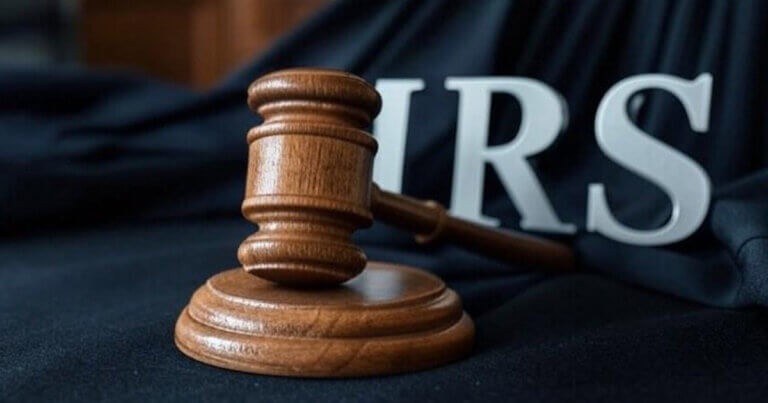
Venture capital giant Andreessen Horowitz's crypto arm (A16z Crypto) has thrown its weight behind a lawsuit challenging new cryptocurrency regulations imposed by the U.S. Internal Revenue Service (IRS) and Treasury Department.
The legal action, spearheaded by the Blockchain Association, DeFi Education Fund, and Texas Blockchain Council, contests recent rules that classify decentralized finance (DeFi) platforms as brokers, requiring them to report all digital asset transactions starting in 2027.
Michele Korver, A16z's head of regulation, announced the firm's support for the lawsuit, arguing that the new regulations threaten DeFi innovation in the United States. According to Korver, the Treasury's "midnight" broker reporting rule exceeds its statutory authority and violates both the Administrative Procedure Act and constitutional principles.
The disputed regulations would require DeFi platforms and front-end services to collect and report detailed information about taxpayers involved in cryptocurrency transactions. Critics argue this places unreasonable compliance burdens on software developers and could effectively ban DeFi operations in the U.S.
Industry experts outline three potential paths forward for DeFi platforms under the new rules: comply with reporting requirements, block U.S. users, or strip down to bare autonomous smart contracts without revenue-generating features.
The timing of the regulation's release during the holiday period has drawn criticism from industry leaders, including Uniswap founder Hayden Adams, who called it a deliberate attempt to limit industry pushback. Congressional representatives French Hill and Patrick McHenry have also voiced opposition to the measures.
A16z Crypto has pledged ongoing support for DeFi developers through multiple channels, including court actions and legislative engagement, as the industry prepares for what could be extended legal proceedings and potential congressional intervention.